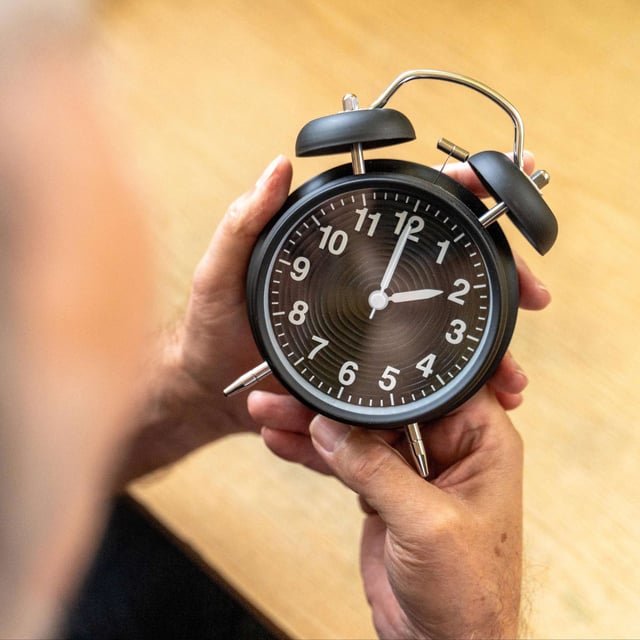Overview
- Germany and most EU countries revert to standard time overnight from Saturday to Sunday, October 25–26, with an extra hour gained.
- Smartphones and radio‑controlled clocks adjust automatically via the Physikalisch‑Technische Bundesanstalt time signal, but many analog and car clocks require manual resetting.
- Sleep researchers report fatigue, sleep disturbances and concentration issues after time shifts, with studies noting post‑change increases in cardiovascular events, and advise gradual schedule adjustments in the days before.
- The European Parliament backed abolishing the biannual switch in 2019, but member states have not agreed on a permanent time regime, leaving the current system in place.
- Time practices vary globally, with fewer than 40% of countries still changing clocks and parts of Australia already moving to daylight saving this weekend.



